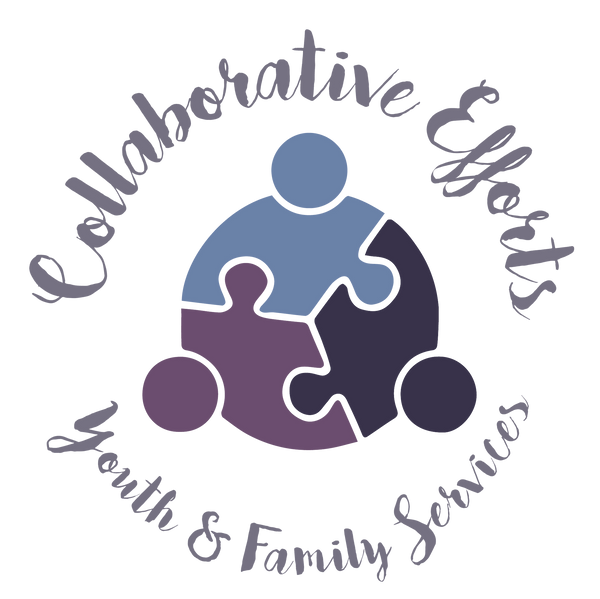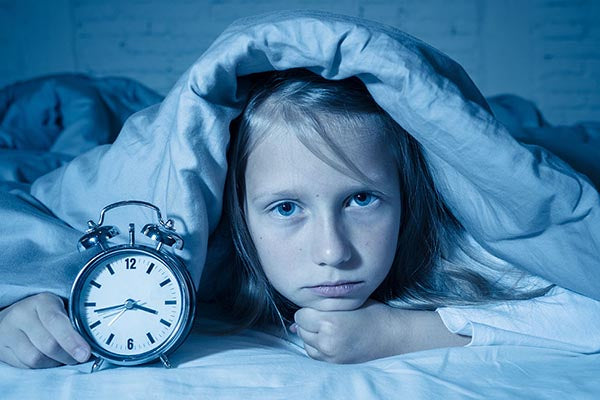What is insomnia?
Insomnia in children is a common condition characterized by difficulty falling asleep, staying asleep during the night, or low quality sleep. Children with insomnia may also wake up very early in the morning. A child of any age can suffer from insomnia. Toddlers, preschoolers, school-going children, and adolescents are all susceptible to developing insomnia. Studies show that sleep problems significantly disturb daytime functioning, including difficulties paying attention, doing homework, excessive sleepiness and fatigue, behavioral problems such as hyperactivity and unusual behavior, and difficulty regulating emotions. Children's insomnia can also disturb the sleep of caregivers of sleep causing stress and disruptions in daily life.What are the causes and risk factors of insomnia in children?
Insomnia is mainly a symptom that is caused by something underlying. Major causes of insomnia can include:- Associated sleep disorders such as restless legs syndrome and obstructive sleep apnea
- Anxiety
- Persistent stress
- Depression
- Asthma
- Autism
- Attention-deficit/hyperactivity disorder (ADHD)
- Caffeine
- Certain medications, including steroids and antidepressants
Signs and Symptoms
Insomnia in children can begin at any age. Signs and symptoms of insomnia in children include:- Bedtime refusal and difficulty going to bed
- Difficulty falling asleep when in bed
- Frequent night wakings
- Waking earlier than normal
- Difficulty napping
- Trouble getting up for school
- Fatigue, and tiredness,
- Daytime sleepiness
- Lack of concentration
- Decreased attention span
- Memory problems
- Difficulties with social, family, occupational or academic performance
- Extreme irritability
- Mood disturbances
- Hyperactivity and aggression
- Inability to make decisions
- Low threshold for frustration
Consequences and Complications
Poor sleep and untreated sleep problems cause significant adverse consequences and lead to long-term complications. The major consequences of child insomnia include problems with social and emotional functioning, neurocognitive deficits, poor quality of life, absenteeism, and poor academic performance.How is insomnia diagnosed?
If your child is suffering from insomnia, a sleep specialist can assess the problem using the following strategies:- Taking a thorough history of your child's signs and symptoms
- History of any past or present medical, mental health, or developmental issue
- Performing a complete physical examination.
- Tracking your child's sleep routine over two to three weeks using some automated devices

